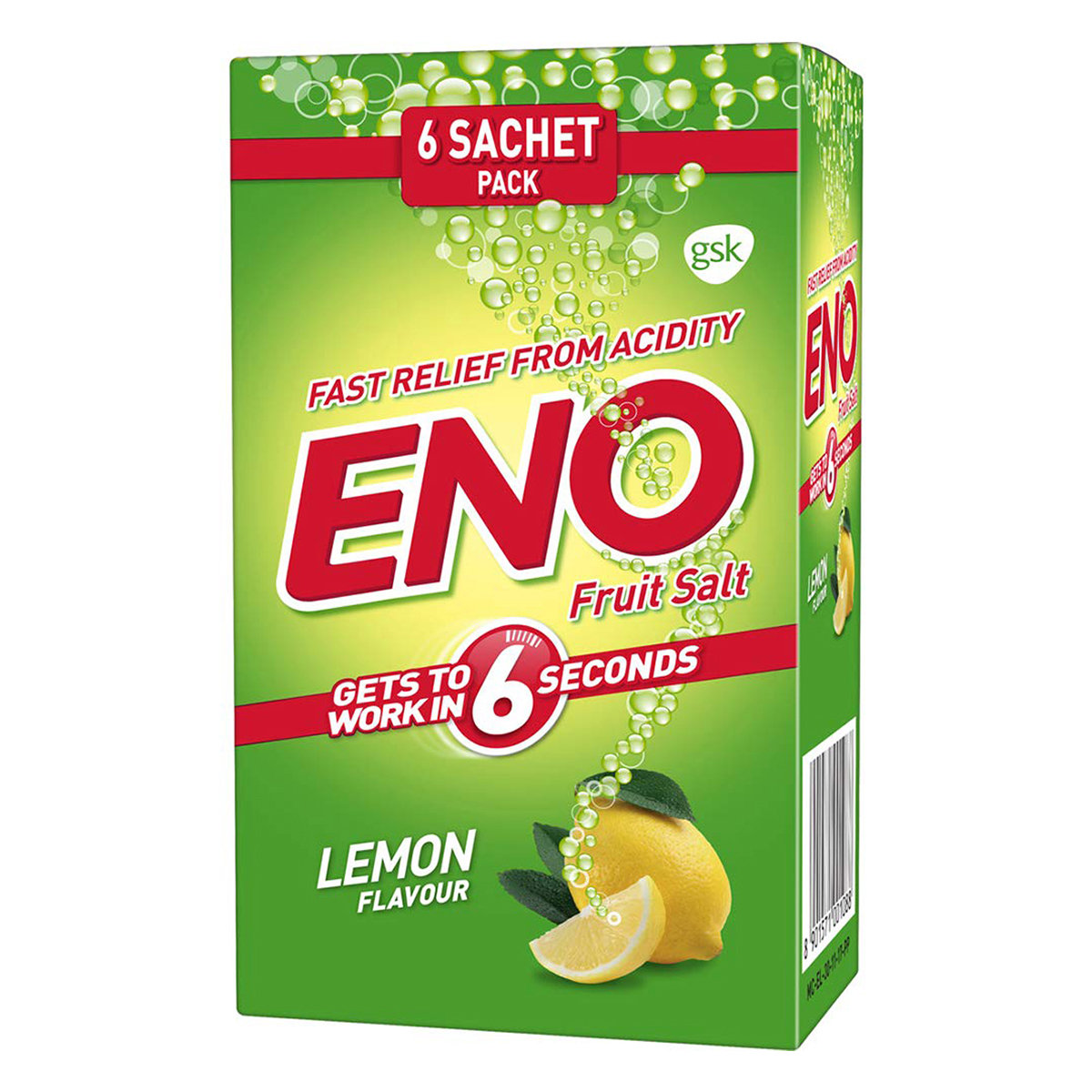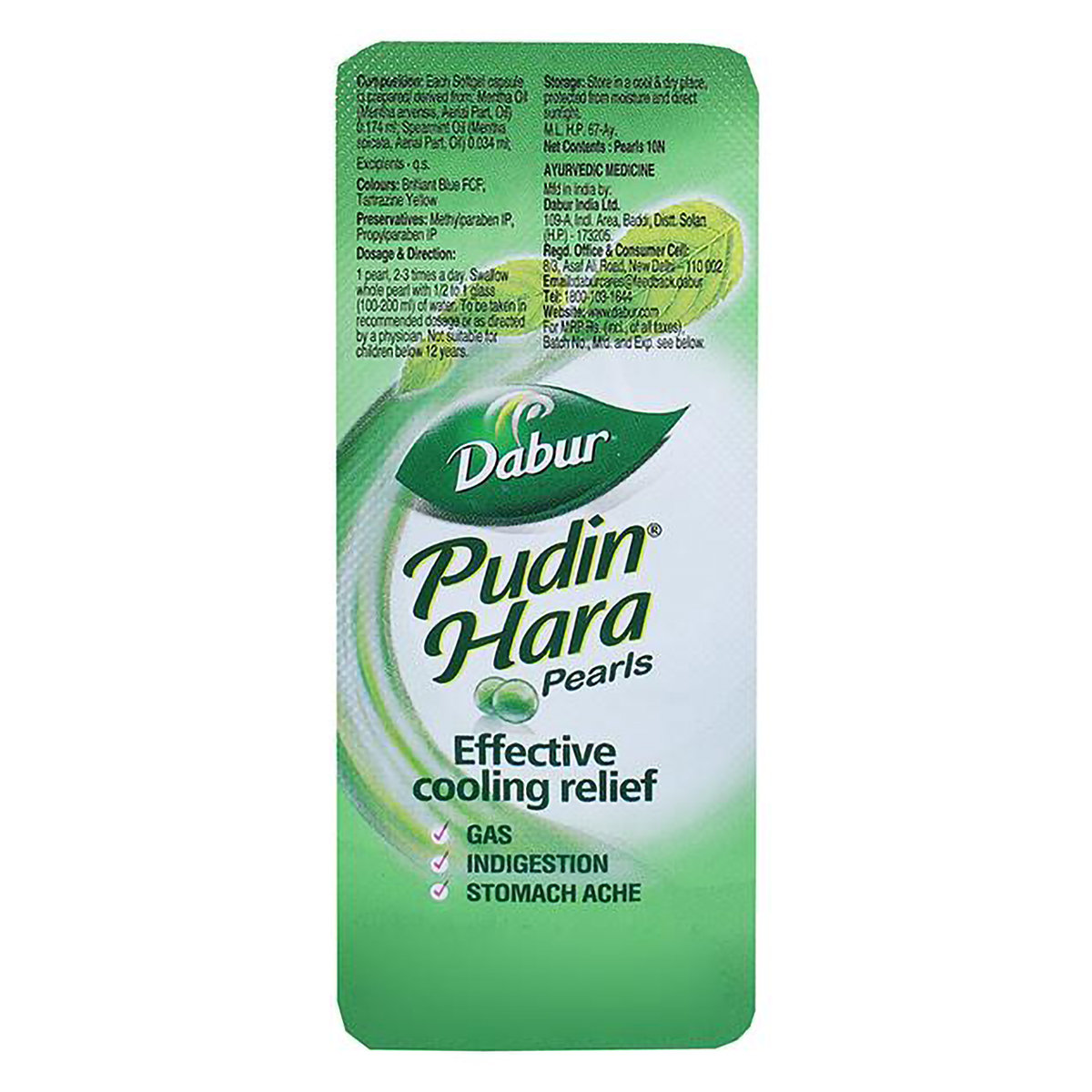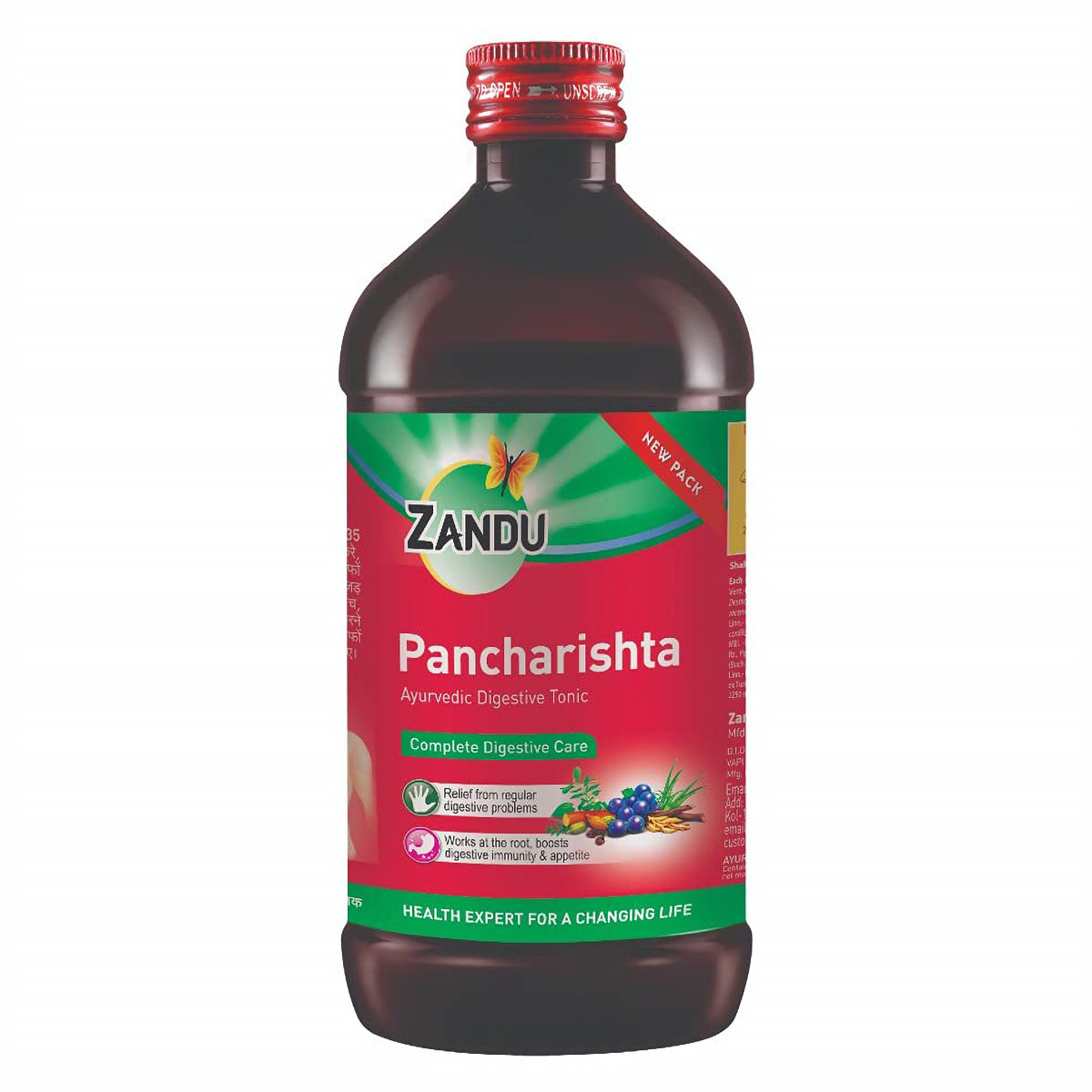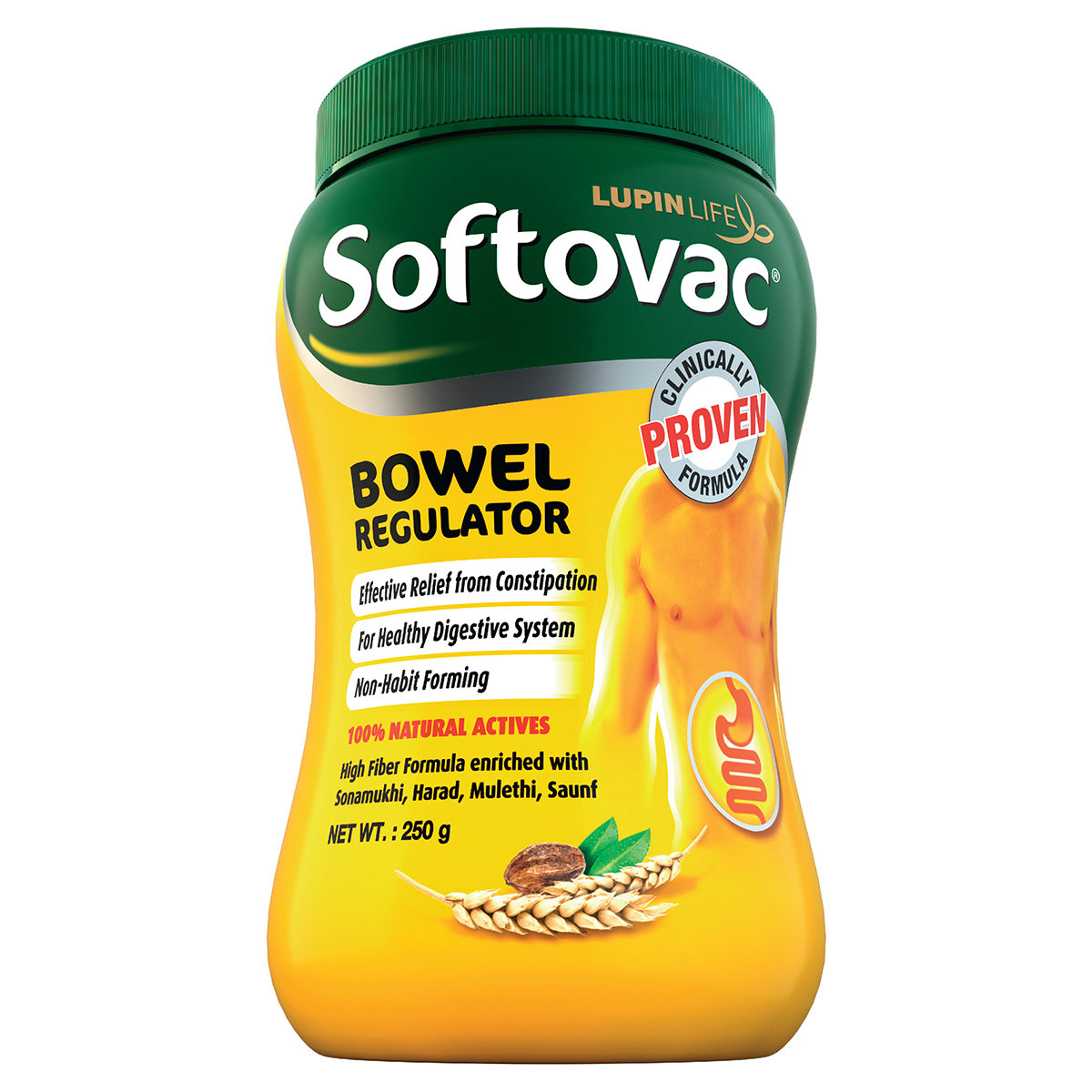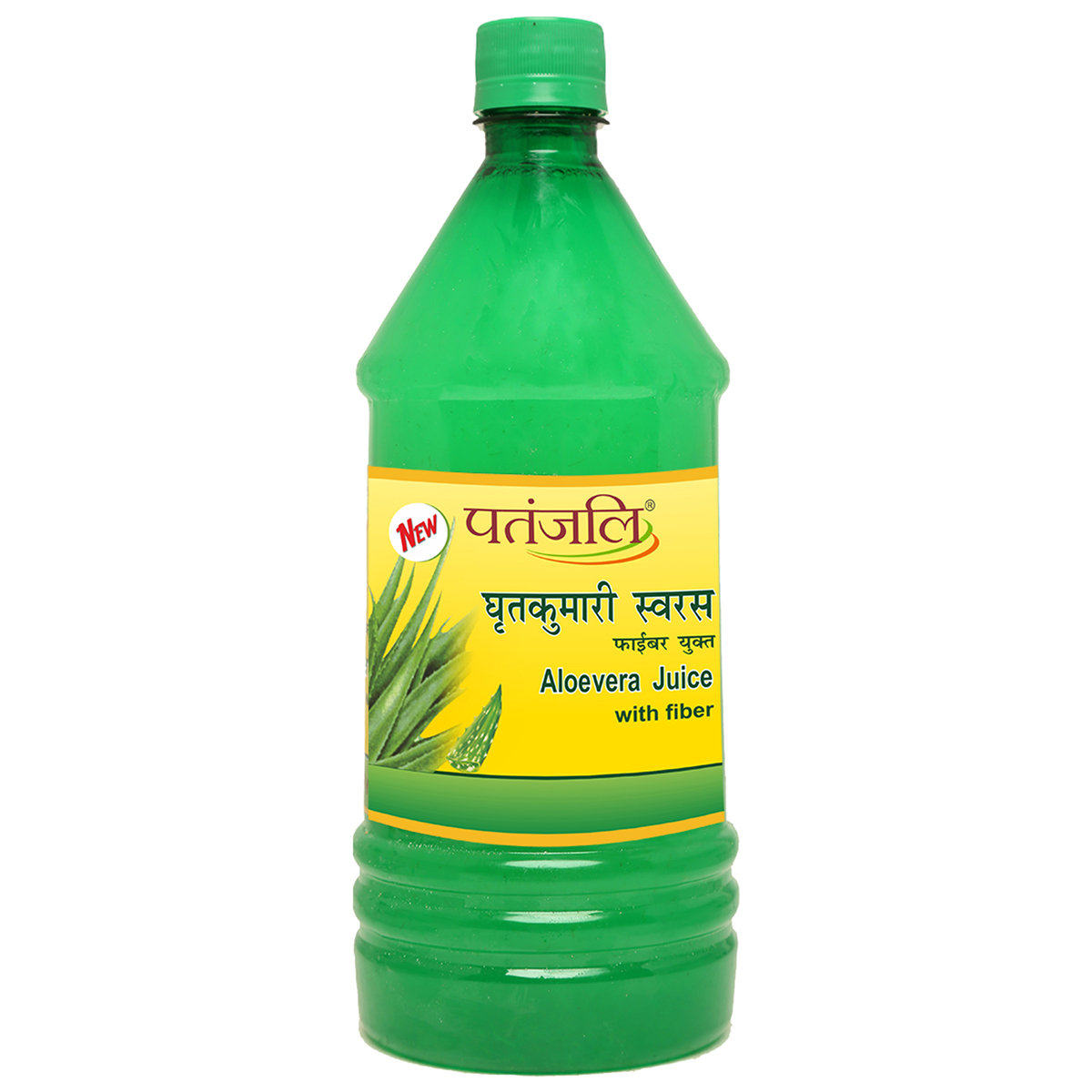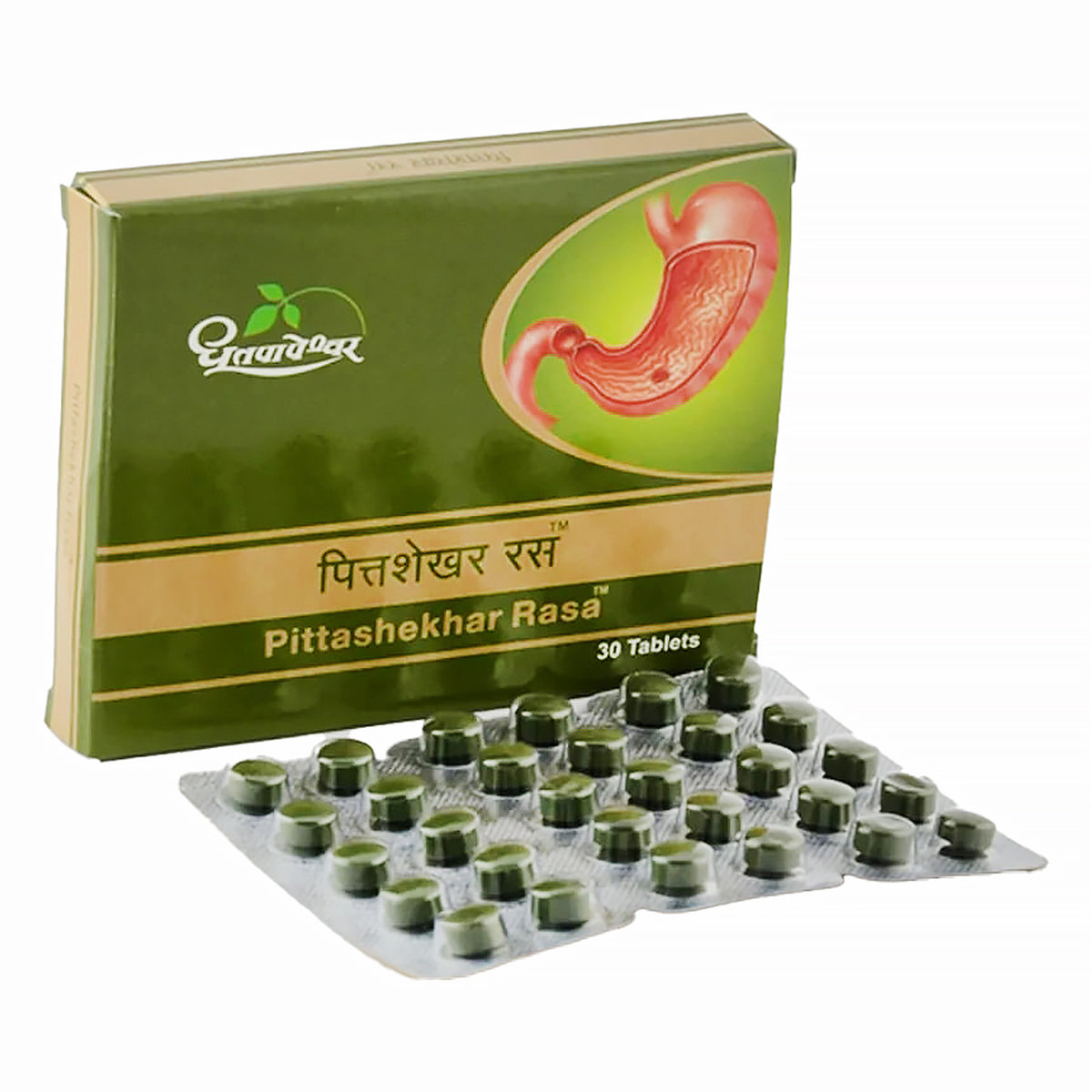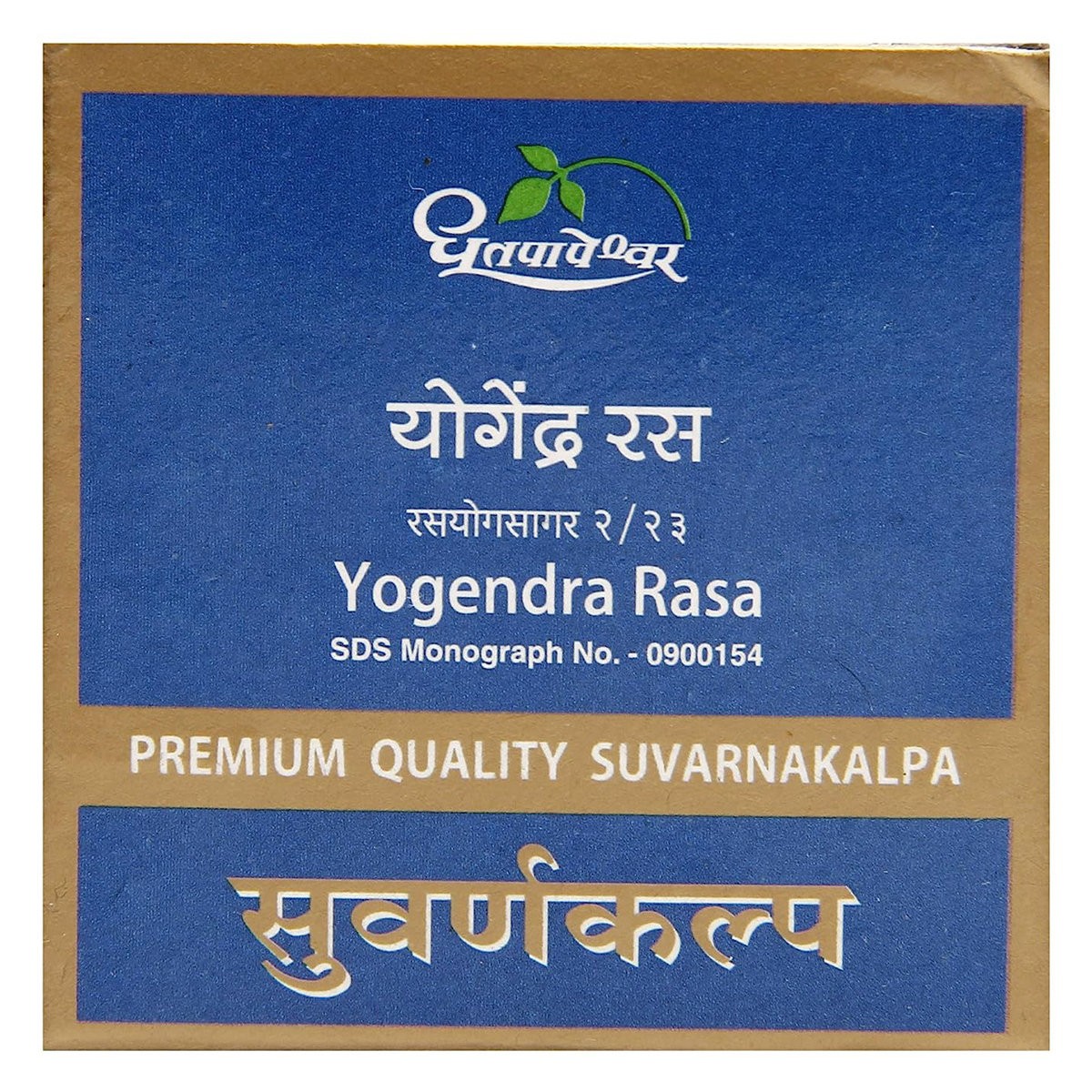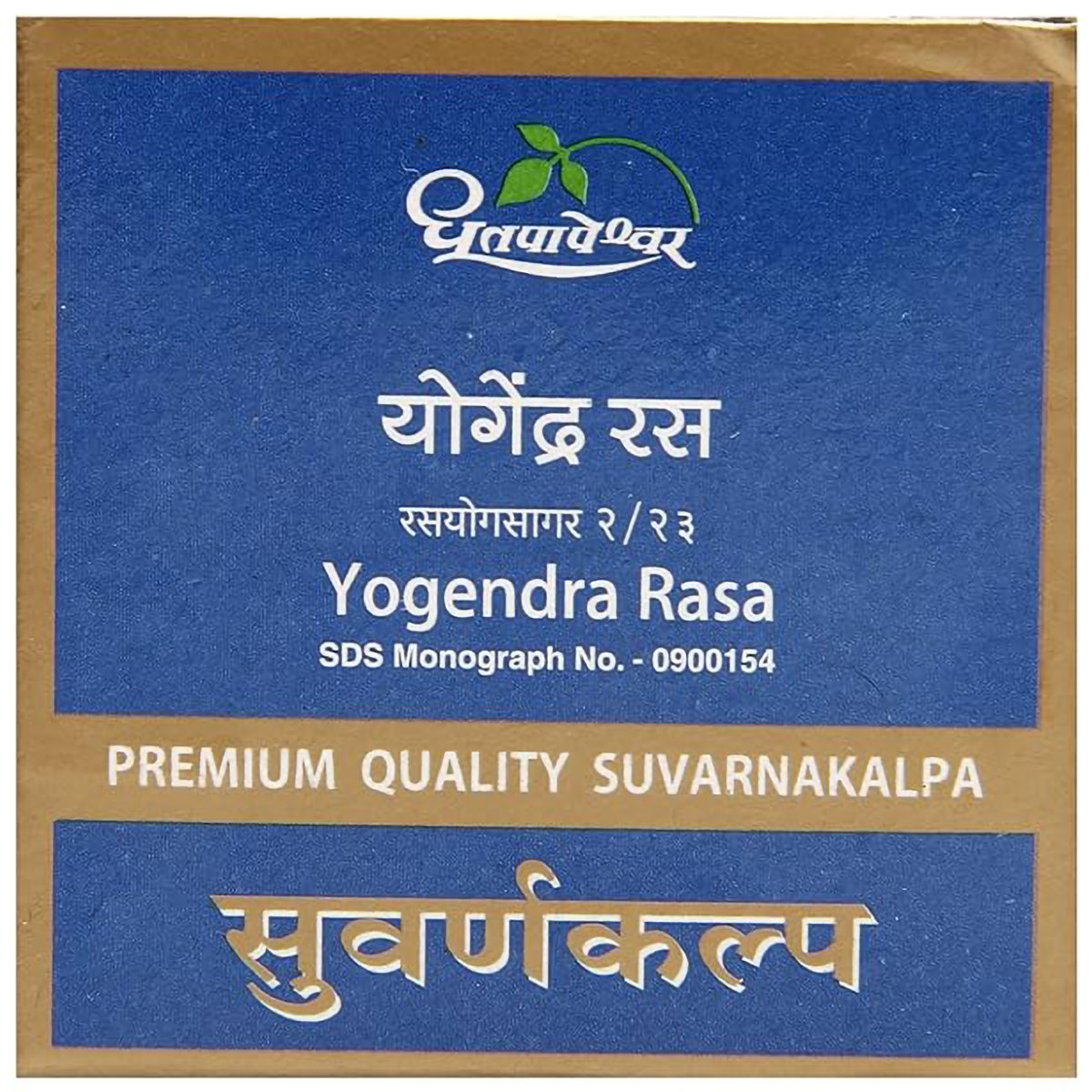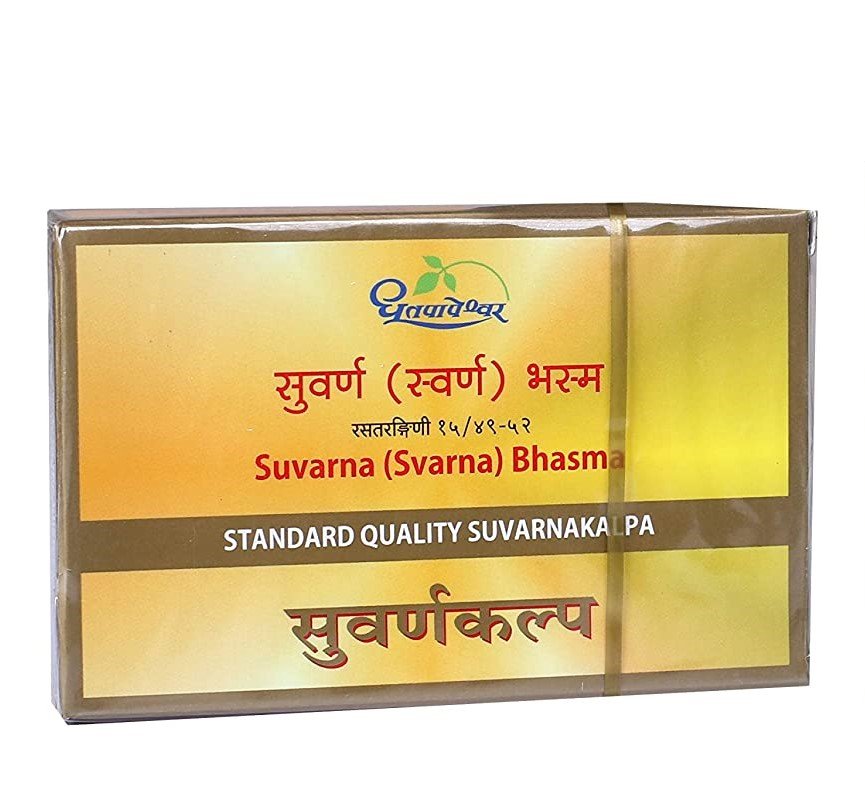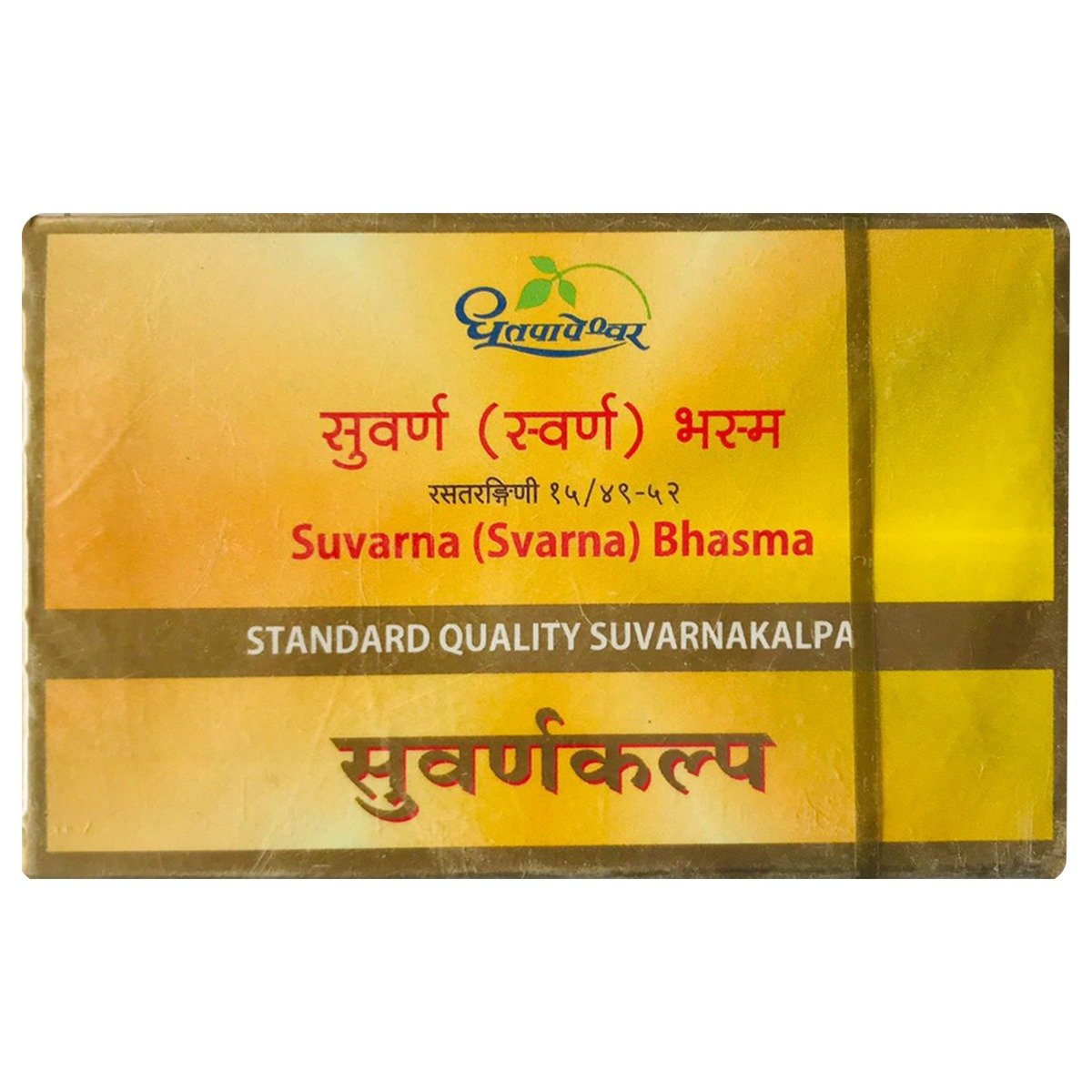Cado Syrup 30 ml
MRP ₹56
(Inclusive of all Taxes)
₹8.4 Cashback (15%)
Know Your Delivery Time
Provide Delivery Location

Secure Payment

India's Most Trusted Pharmacy

Genuine Products
Composition :
Manufacturer/Marketer :
Consume Type :
Return Policy :
Expires on or after :
About Cado Syrup
Cado Syrup is used to treat symptoms of acute (short-term) diarrhoea in infants and children over 3 months of age. Acute diarrhoea occurs suddenly and lasts for a short while.
Cado Syrup contains 'Racecadotril', a prodrug (inactive form) that gets converted into 'thiorphan' (active form), which reduces the watery secretions produced by the intestine. It helps in decreasing the loss of fluid from the body, thus reducing the symptoms of diarrhoea and the risk of dehydration.
In some cases, Cado Syrup may cause side effects such as inflammation of the tonsils, rash and erythema (skin redness). You are advised to talk to the doctor if the side effects persist or worsen.
Let the doctor know if your child is allergic to any of the components in Cado Syrup. Keep the doctor informed about your child's health condition and medications to rule out any side effects/interactions.
Uses of Cado Syrup
Cado Syrup is used in the treatment of diarrhoea. The detailed uses of Cado Syrup are as follows:
- Treatment of Acute Diarrhoea: Cado Syrup helps manage sudden diarrhoea that lasts for less than two weeks by reducing fluid loss from the intestines.
- Supportive Therapy: Cado Syrup is often used alongside oral rehydration solutions (ORS) to ensure adequate fluid and electrolyte replacement during diarrhoea.
- Reduction of Gastrointestinal Secretions: Cado Syrup works by decreasing water and electrolyte secretion in the intestines, aiding in controlling diarrhoea.

Have a query?
Directions for Use
- Cado Syrup can be given with food, or as advised by the doctor.
- Follow your doctor’s instructions on the dosage and timing of this medication to ensure safety.
- Cado Syrup should be given by mixing it with food or dissolving it in water in a glass or baby bottle.
- Do not store the leftover mixture for later use.
Medicinal Benefits
Cado Syrup belongs to a group of medications called 'antidiarrheal' used to treat symptoms of acute (short-term) diarrhoea in infants and children over 3 months of age. Cado Syrup contains 'Racecadotril', a prodrug (inactive form) that gets converted into 'thiorphan' (active form) which reduces the watery secretions produced by the intestine. It helps in decreasing the loss of fluid from the body, thus reducing the symptoms of diarrhoea and the risk of dehydration.
How Cado Syrup Works
Storage
What if I have taken an overdose of Cado Syrup
Drug Warnings
Do not give Cado Syrup to the child if they are allergic to any of its components. Inform the doctor if your child is below 3 months or 7kgs, if the child has a fever and blood/pus in the stool, chronic diarrhoea, diarrhoea caused by antibiotics, the child has more than 6 liquid stools per day or has diarrhoea accompanied by weight loss, the child is suffering from impaired kidney or liver function, prolonged or uncontrolled vomiting, or diabetes. Let the doctor know if your child is on any other medications, including herbal products or vitamin/mineral supplements.
Diet & Lifestyle Advise
- Give the child plenty of fluids to stay hydrated.
- Include bland foods such as bananas, rice, apples, cream of wheat, soda crackers, farina, applesauce and toast to avoid aggravating of the digestive system.
- Avoid giving the child spicy foods, processed foods, and caffeinated and carbonated drinks.
- Include fibre-rich food such as whole grains, lentils, beans, broccoli, and peas.
Habit Forming
Therapeutic Class
All Substitutes & Brand Comparisons
RX
Ralop Syrup 30 ml
Salud Care India Pvt Ltd
₹76.5
(₹2.3/ 1ml)
36% COSTLIER
Alcohol
Not applicable
-
Pregnancy
Not applicable
-
Breast Feeding
Not applicable
-
Driving
Not applicable
-
Liver
Consult your doctor
Please consult your doctor if your child has a liver impairment or if you have any concerns regarding this.
Kidney
Consult your doctor
Please consult your doctor if your child has kidney problems.
Children
Safe if prescribed
Cado Syrup is safe for children if prescribed by the doctor. Your doctor may prescribe the dose and duration based on the child's condition and age.
Heart
Cado Syrup is generally considered safe for heart patients. However, please consult your doctor before giving Cado Syrup to your child.
Geriatrics
Not applicable
Cado Syrup is for paediatric patients only.
FAQs
Cado Syrup is used to treat symptoms of acute (short-term) diarrhoea in infants and children over 3 months of age.
Cado Syrup reduces the watery secretions produced by the intestine. It helps in decreasing the loss of fluid from the body, thus reducing the symptoms of diarrhoea and the risk of dehydration.
Your doctor will determine the dose and duration of Cado Syrup based on the child's condition, not exceeding 7 days. Consult the doctor if diarrhoea persists for more than 7 days.
To compensate for the fluid loss due to your child's diarrhoea, Cado Syrup should be given along with adequate replacement of fluid and electrolytes/salts such as ORS (oral rehydration solution). However, consult your doctor if you have any concerns.
When taking Cado Syrup, follow the recommended dosage and inform your doctor about all medications, supplements, and medical conditions. Monitor your child's fluid intake, stool frequency, and signs of dehydration. Watch for allergic reactions and report side effects like tonsil inflammation, rash, or redness. Keep the doctor updated on your child's health and medications to avoid interactions. Don't use Cado Syrup for too long or in excess, and consult the doctor before stopping or changing the medication. Regular monitoring will ensure safe and effective treatment.
Use Cado Syrup only when a doctor prescribes acute diarrhoea in children. Follow the recommended dosage and administration instructions carefully. However, be cautious when using Cado Syrup if your child has pre-existing kidney or liver problems, allergies to any of the ingredients, fever, vomiting, dehydration, or is taking other medications. It's essential to consult your doctor before administering Cado Syrup and to monitor your child's condition closely during treatment. If you have any doubts or concerns, don't hesitate to contact your healthcare provider for guidance.
Cado Syrup is given to treat acute diarrhoea in children over 3 months old. It helps reduce the frequency and consistency of stool, prevent dehydration, and relieve symptoms like abdominal pain. It works by slowing down the movement of the gut and allowing the body to absorb more fluid and nutrients. This helps shorten the duration of diarrhoea and improve hydration and electrolyte balance.
No, Cado Syrup is not an antibiotic medication. It belongs to the class of antidiarrheal medication.
Using Cado Syrup for an extended period is not recommended. This medication is designed for short-term use, and prolonging its use can lead to dependence and withdrawal symptoms when stopped. Furthermore, long-term use can hide the symptoms of underlying conditions, making it challenging to diagnose and address other health issues. Always adhere to your healthcare provider's recommended dosage and treatment duration. If your child's symptoms persist or worsen, consult your doctor for further guidance and proper evaluation.
Cado Syrup typically takes effect within 1-2 hours after being given, and its benefits can continue for several hours. However, the exact timeframe may differ from child to child, depending on factors like the severity of their diarrhoea, age, and overall well-being. While some kids may see an improvement in stool consistency and frequency within a few hours, others might take a bit longer to show progress.
When considering Cado Syrup for a one-year-old child with a neurological disorder, exercise extreme caution and use this only if advised by the doctor or paediatrician. While Cado Syrup is generally recommended for children over three months old, its use in children with neurological disorders requires careful evaluation.
If your child has milk intolerance, discuss it with your doctor or paediatrician before giving Cado Syrup. The medication may contain lactose or other milk-derived ingredients, which could exacerbate your child's intolerance. Your doctor may recommend alternative treatments or adjustments to ensure your child's safety.
No, Cado Syrup may not be the right treatment choice for your child's symptoms. Watery stools mixed with blood and fever indicate a more serious condition that requires medical attention. Please seek immediate medical attention for your child. A healthcare professional will assess their condition and provide appropriate treatment.
No, Cado Syrup is not recommended for children's chronic (long-term) diarrhoea. It is intended to treat acute (short-term) diarrhoea and unsuitable for long-term use. Please contact your doctor.
While taking Cado Syrup, your child should avoid using other medications (unless prescribed). Consult your child's doctor or paediatrician for personalized advice on which medications to avoid, and always inform them about all medications, supplements, or herbs your child is taking.
Country of origin
Manufacturer/Marketer address
Disclaimer
Author Details
We provide you with authentic, trustworthy and relevant information
Reference
- https://patient.info/medicine/racecadotril-for-acute-diarrhoea-in-children-hidrasec
- https://www.hpra.ie/img/uploaded/swedocuments/59ac2424-c953-4195-87b0-86aa45f26a33.pdf
- https://www.mims.com/malaysia/drug/info/hidrasec?type=full
- https://www.drugs.com/uk/hidrasec-infants-10-mg-granules-for-oral-suspension-leaflet.html





